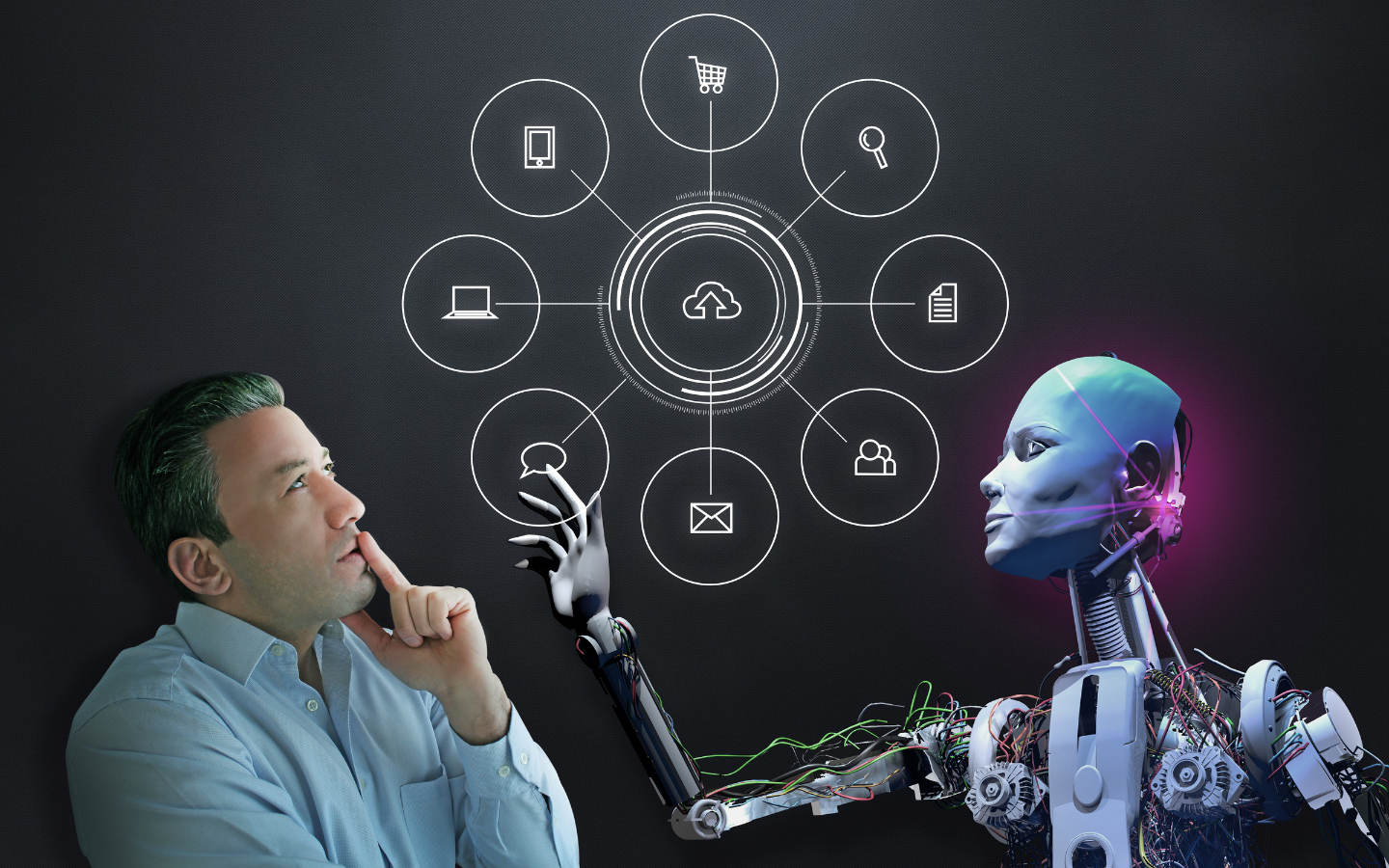Back ZIUR warns that the rise of Artificial Intelligence generates new threats for the Basque industry

ZIUR warns that the rise of Artificial Intelligence generates new threats for the Basque industry
Presents its 2024 Foresight Report that addresses the risks posed by new technologies for cybersecurity
ZIUR has just published its 2024 Prospects Report in which it warns about the new threats that the Basque industry faces due to the rise of Artificial Intelligence (AI) and quantum computing, among other technologies. The document reveals that throughout this year there has been a "significant" increase in the number of attacks, which are increasingly "more complex", which is generating "a feeling of common concern in most organizations."
According to the data extracted from the Quarterly Crime Report Third Quarter 2023 prepared by the Ministry of the Interior, in Gipuzkoa a total of 6,414 criminal offenses committed through cybercrime were registered between January and September 2023, including computer scams and other cybercrimes. , which is 2,036 more than in the same period of 2022. In the Basque Country as a whole, the figure rose to 20,047 in the accumulated of the first three quarters of the year, 5,019 more than between January and September of the previous year.
In this sense, the deputy for Economic Promotion and Strategic Projects, Ane Insausti, has stressed that “the constant evolution of very disruptive technologies means that we must keep in mind more than ever the importance of cybersecurity as a factor of competitiveness of our companies and especially of our industry, both to prevent threats and to develop new solutions and business opportunities. “ZIUR is a fundamental ally of our SMEs in this challenge, and will continue working on raising awareness and anticipating, identifying new trends in this area and putting its knowledge at the service of the economic fabric,” said the deputy.
Thus, the presence of new technologies such as Artificial Intelligence, increasingly established in the processes of a large part of the organizations in the industrial sector, is generating great concern. This technology is no stranger to cybercriminals, who use it to attack the industry, forcing companies to review the validity of their cybersecurity measures.
In this sense, the creation of new tools such as ChatGPT or Copilot have aroused the interest of companies and also hackers, as shown by the increase in the use of AI in the deepweb. It is expected, therefore, that this technology will further sophisticate attacks and make traditional threats such as 'phishing' or 'vishing' even more credible. For this reason, ZIUR insists in this document on the need for employees to have training and knowledge to identify between a legitimate email and an attempt at identity theft, among other examples.
Likewise, the Gipuzkoa Industrial Cybersecurity Center also warns about another booming technology, quantum cryptography, which is gaining importance, but there are serious doubts about the security of current cryptographic algorithms. For this reason, new resistant algorithms are being developed, which will allow the confidentiality of encrypted information to be maintained in the face of a threat.
The foreseeable increase in these attacks, “increasingly sophisticated and personalized”, will be especially noticeable in the supply chain, which will force those responsible for security to improve the measures implemented, assessing cybersecurity risks and carrying out audits, among others. tools.
New regulations and 'Zero Trust' architectures
At the same time that cybercrime is increasing, ZIUR recalls that the regulations applicable to the sector are also increasing with the appearance of new directives or laws, which will force companies to share more information about their incidents and the cyber attacks they suffer. “Organizations in the industrial sector must work to address not only current threats, but also the new ones that will emerge throughout 2024. Therefore, having the most up-to-date technology and the periodic review of security measures becomes "in a necessary factor," is indicated in this report.
Furthermore, looking ahead to next year, many companies in the industrial sector are expected to start 'Zero Trust' programs to redesign their networks with the aim of increasing the security of their systems. ZIUR reminds that the use of these architectures is highly recommended since they manage to "verify access permissions on each of the resources on the network", therefore they offer a higher level of security. “However, there are many organizations that are not aware of this risk and have not yet begun to implement this type of architecture,” the center warns.